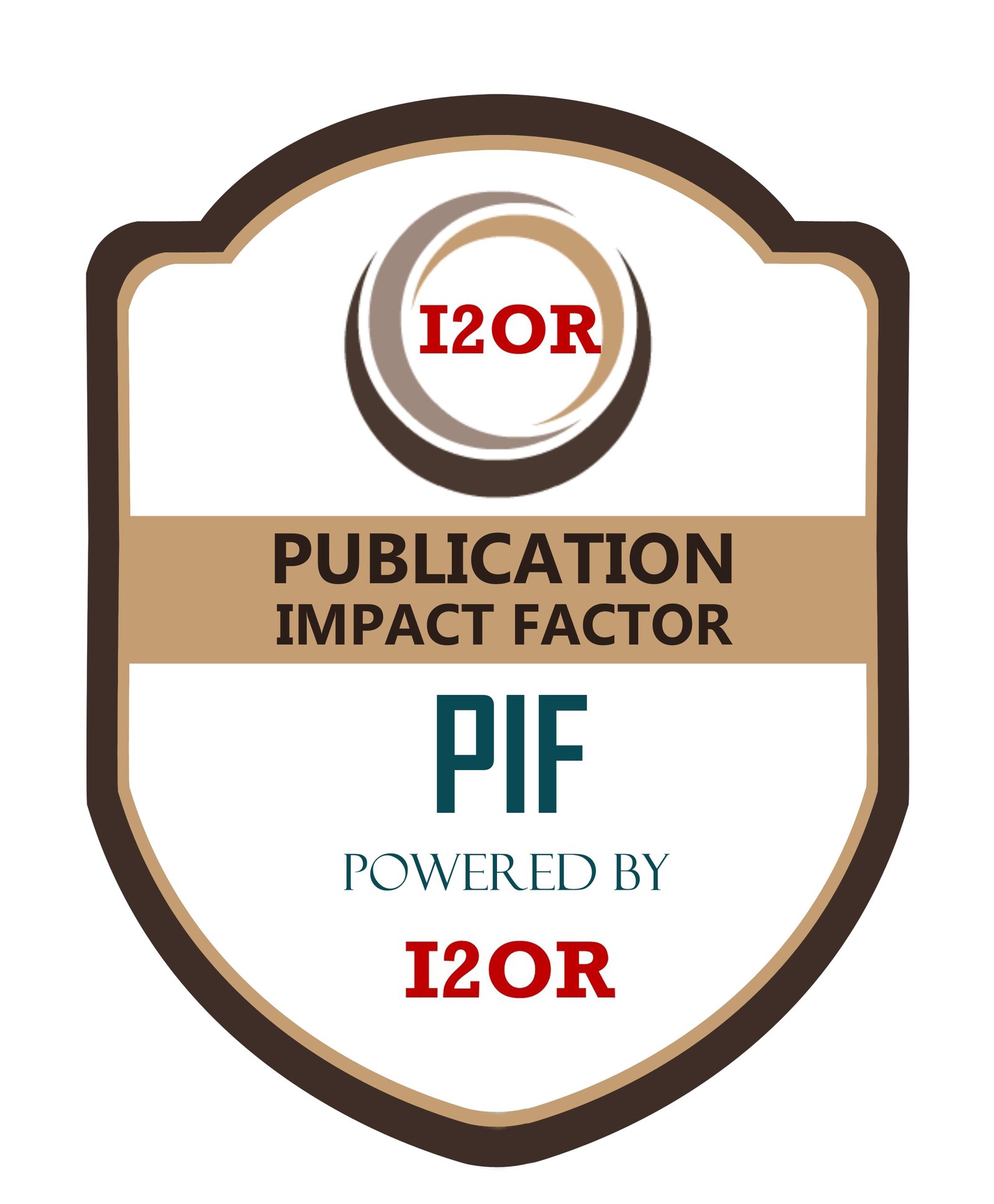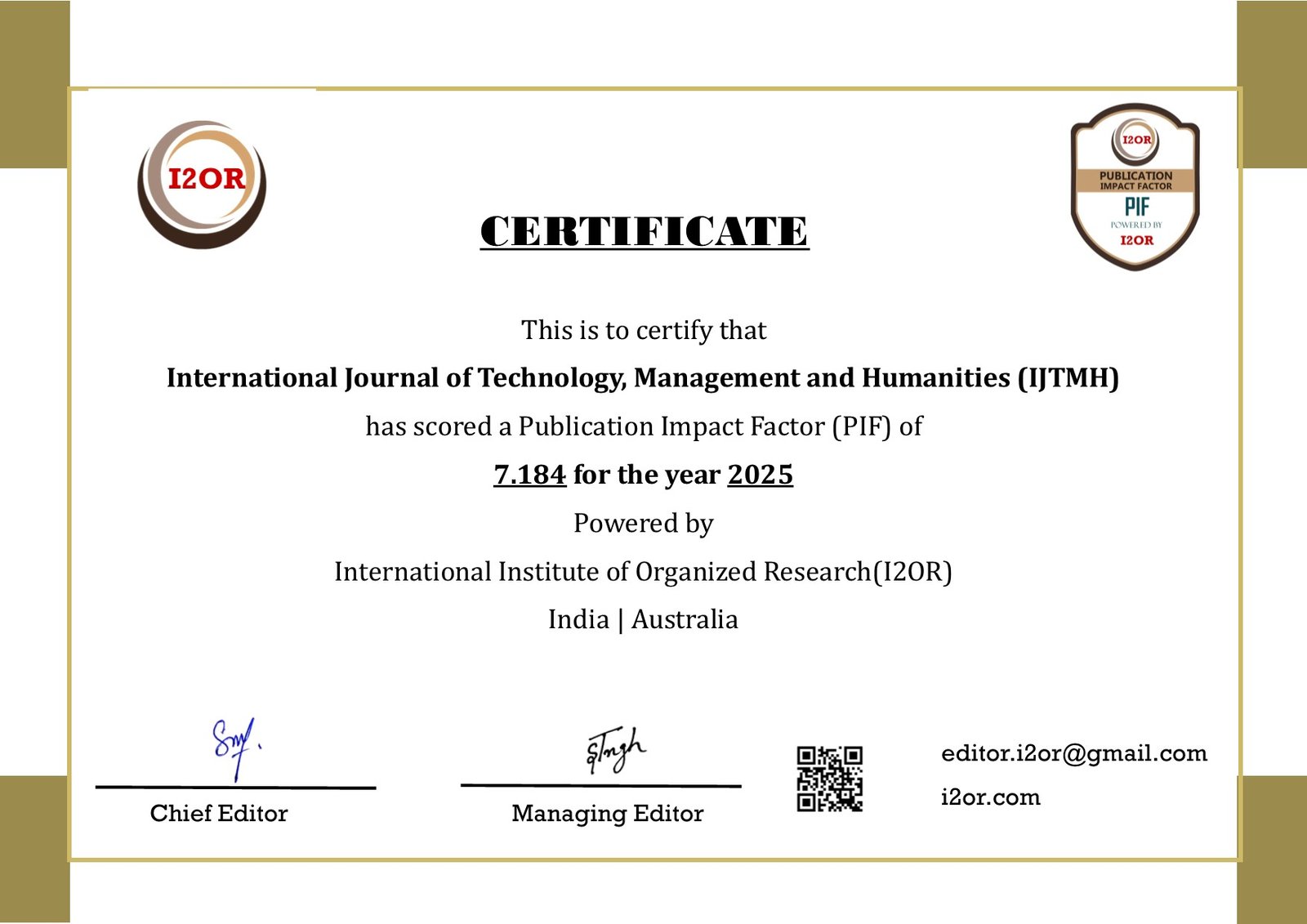Digital Defiance or Digital Despair? Social Media Activism, Objectification, and Fatalism Among Nigerian Youth
DOI:
https://doi.org/10.21590/Keywords:
self-objectification, digital activism, fatalism, political cynicism, political hope, Nigerian youth, online dissentAbstract
In Nigeria‘s evolving democracy, where structural disenfranchisement and economic fatigue have eroded political trust, young people increasingly turn to digital platforms to perform identity, express dissent, and maintain social visibility. Yet it remains unclear whether this engagement signals meaningful mobilisation or a digitally mediated resignation. Drawing from a diverse sample of 250 fresh graduates, we examined the psychological correlates of this digital political expression. Specifically, we tested whether self-objectification and digital activism predict fatalistic beliefs, and whether fatalism in turn shapes political cynicism and hope. Results showed that self-objectification (β = .43, p < .001) and digital activism (β = .41, p < .001) both significantly predicted fatalistic beliefs, jointly explaining 50% of its variance (R² = .50, F(2, 247) = 123.5, p < .001). Fatalism, in turn, was strongly associated with political cynicism (β = .49, p < .001). Mediation analyses confirmed that fatalism partially explained the relationship between both predictors and political attitudes. Gender moderated the effect of activism on hope, with women showing greater disillusionment (β = –.36, p < .01) than men (β = –.18, p = .06). These findings suggest that digital engagement, while expressive, may also entrench a sense of fatalistic resignation. These findings suggest that increased visibility online may not translate into increased empowerment. Instead, digital participation may function as cathartic performance, a way of ―yelling into the void‖, rather than political transformation. Implications are discussed for youths policy, digital literacy, and the future of online political engagement in disenfranchised democracies.







